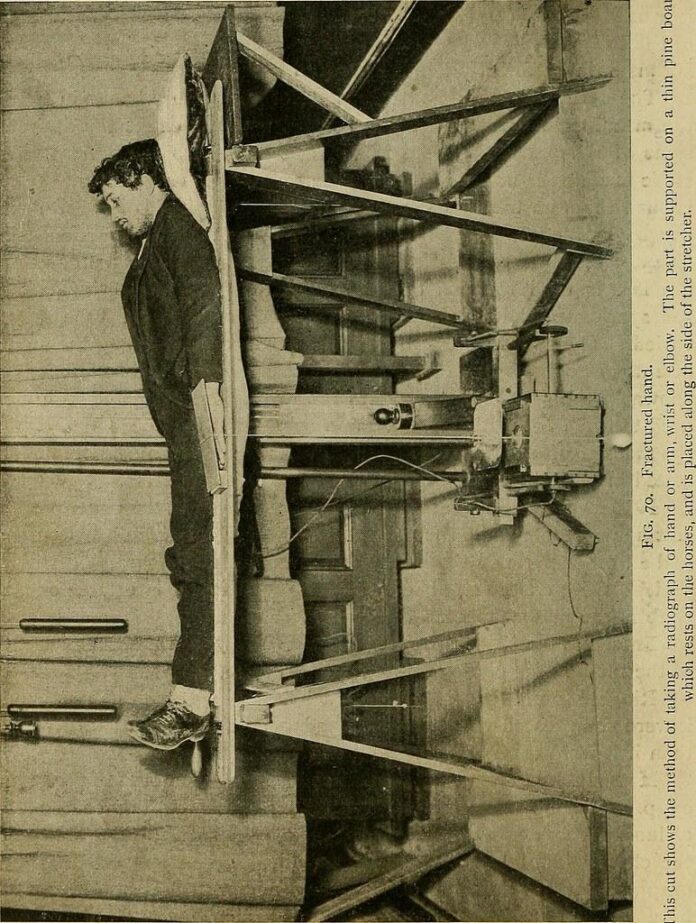
Nephrolithiasis, also known as kidney stones, is a common condition that occurs when small, hard deposits of mineral and acid salts form in the kidneys. These stones can cause severe pain and discomfort as they move through the urinary tract, leading to a variety of symptoms. It is important to recognize the signs of nephrolithiasis in order to seek proper treatment and prevent complications.
In this article, we will discuss the symptoms of nephrolithiasis and how to identify them. By understanding the signs of this condition, individuals can take proactive steps to manage their kidney stone symptoms and improve their overall health.
1. Severe Abdominal or Back Pain
One of the most common and noticeable symptoms of nephrolithiasis is severe abdominal or back pain. This pain can be excruciating and may come on suddenly, often in waves. It is usually felt on one side of the body, where the kidney stone is located. The pain may radiate to the lower abdomen and groin as the stone moves through the urinary tract.
If you experience intense, persistent pain in your abdomen or back, it is important to seek medical attention right away, as this may be a sign of a kidney stone.
2. Blood in the Urine
Another symptom of nephrolithiasis is the presence of blood in the urine, also known as hematuria. The blood may be visible to the naked eye, causing the urine to appear pink, red, or brown in color. In some cases, the blood may only be detected through a urine test.
Blood in the urine can be a sign of kidney stones and should be evaluated by a healthcare professional. It is important not to ignore this symptom, as it may indicate underlying kidney issues that need to be addressed.
3. Difficulty Urinating
When a kidney stone moves into the urinary tract, it can block the flow of urine, leading to difficulty urinating. This can cause pain and discomfort during urination, as well as an increased frequency of urination. In some cases, individuals may also experience a sensation of incomplete emptying of the bladder.
If you experience difficulty urinating or notice changes in your urinary patterns, it is important to consult a doctor to determine if kidney stones are the underlying cause.
4. Nausea and Vomiting
As kidney stones cause blockages and changes in the urinary tract, they can also lead to nausea and vomiting. The discomfort and pain associated with nephrolithiasis can trigger these symptoms, which may be accompanied by a loss of appetite and general feelings of malaise.
If you are experiencing nausea and vomiting along with other symptoms such as abdominal pain and blood in the urine, it is important to seek medical attention to determine the cause of these symptoms.
5. Fever and Chills
In some cases, kidney stones can cause a fever and chills, which may indicate an infection in the urinary tract. This can be a serious complication of nephrolithiasis and requires prompt medical treatment. If you experience a fever along with other kidney stone symptoms, it is important to seek immediate medical attention.
Ignoring a fever associated with kidney stones can lead to serious complications, so it is crucial to address this symptom as soon as possible.
6. Foul-Smelling or Cloudy Urine
Individuals with kidney stones may notice that their urine has a foul odor or appears cloudy. This can be a sign of an underlying urinary tract infection, which can develop as a result of the blockages and changes caused by nephrolithiasis. It is important to have your urine evaluated if you notice these changes, as untreated urinary tract infections can lead to more severe health issues.
Consult a healthcare professional if you notice changes in the appearance or smell of your urine, as this may be indicative of an infection or other urinary issues related to kidney stones.
7. Sharp Pain During Urination
As kidney stones move through the urinary tract, individuals may experience sharp and intense pain during urination. This can be a result of the stones irritating the lining of the urinary tract and causing discomfort during the passing of urine.
If you experience sharp pain during urination along with other kidney stone symptoms, it is important to seek medical attention to address the underlying cause of this discomfort.
8. Persistent Urinary Tract Infections
Individuals with nephrolithiasis may experience recurrent urinary tract infections, as the presence of kidney stones can create a breeding ground for bacteria in the urinary tract. If you find yourself dealing with frequent or persistent urinary tract infections, it may be worth investigating the possibility of kidney stones as an underlying cause.
Seek medical advice if you experience recurrent urinary tract infections, as these symptoms may be related to underlying kidney stone issues that need to be addressed.
9. Changes in Urinary Color or Odor
Noticing changes in the color or odor of your urine can be a sign of kidney stones or an associated urinary tract infection. Pay attention to these changes and consult with a healthcare professional if you notice anything unusual about your urine, as this may indicate underlying kidney issues that require treatment.
It is important to be mindful of changes in your urinary color and odor, as these symptoms can provide important clues about the health of your kidneys and urinary tract.
10. General Discomfort and Fatigue
Aside from the specific symptoms related to the urinary tract, individuals with kidney stones may experience general discomfort, fatigue, and a sense of unwellness. This can be related to the pain and stress caused by nephrolithiasis, as well as any associated complications such as urinary tract infections.
If you are experiencing overall feelings of discomfort and fatigue along with other kidney stone symptoms, it is important to seek medical evaluation to address these issues and receive proper treatment.

















